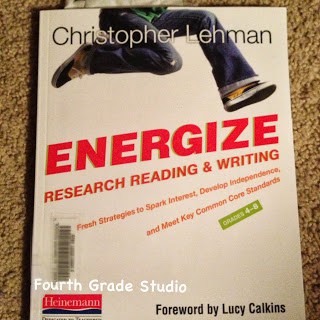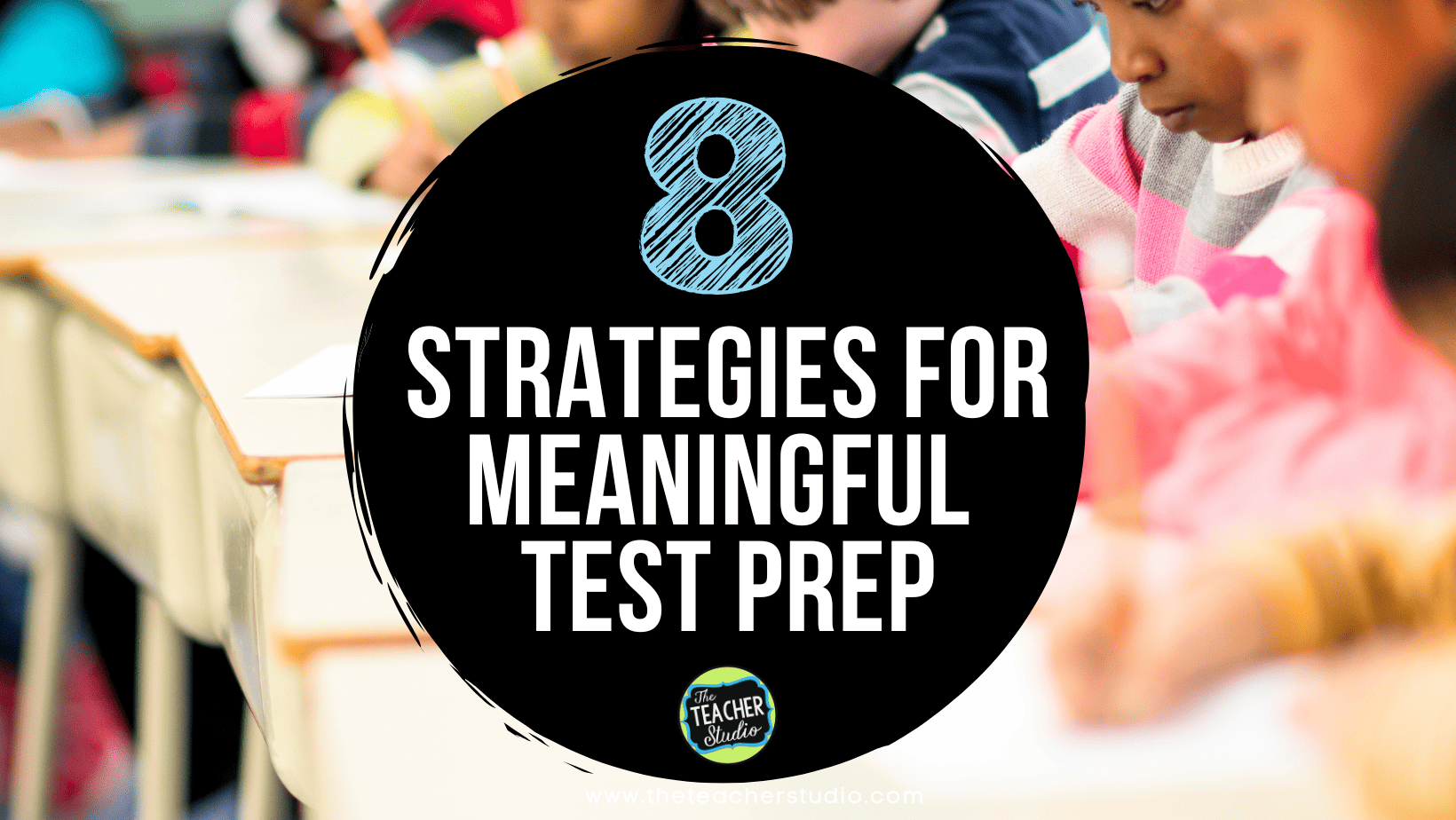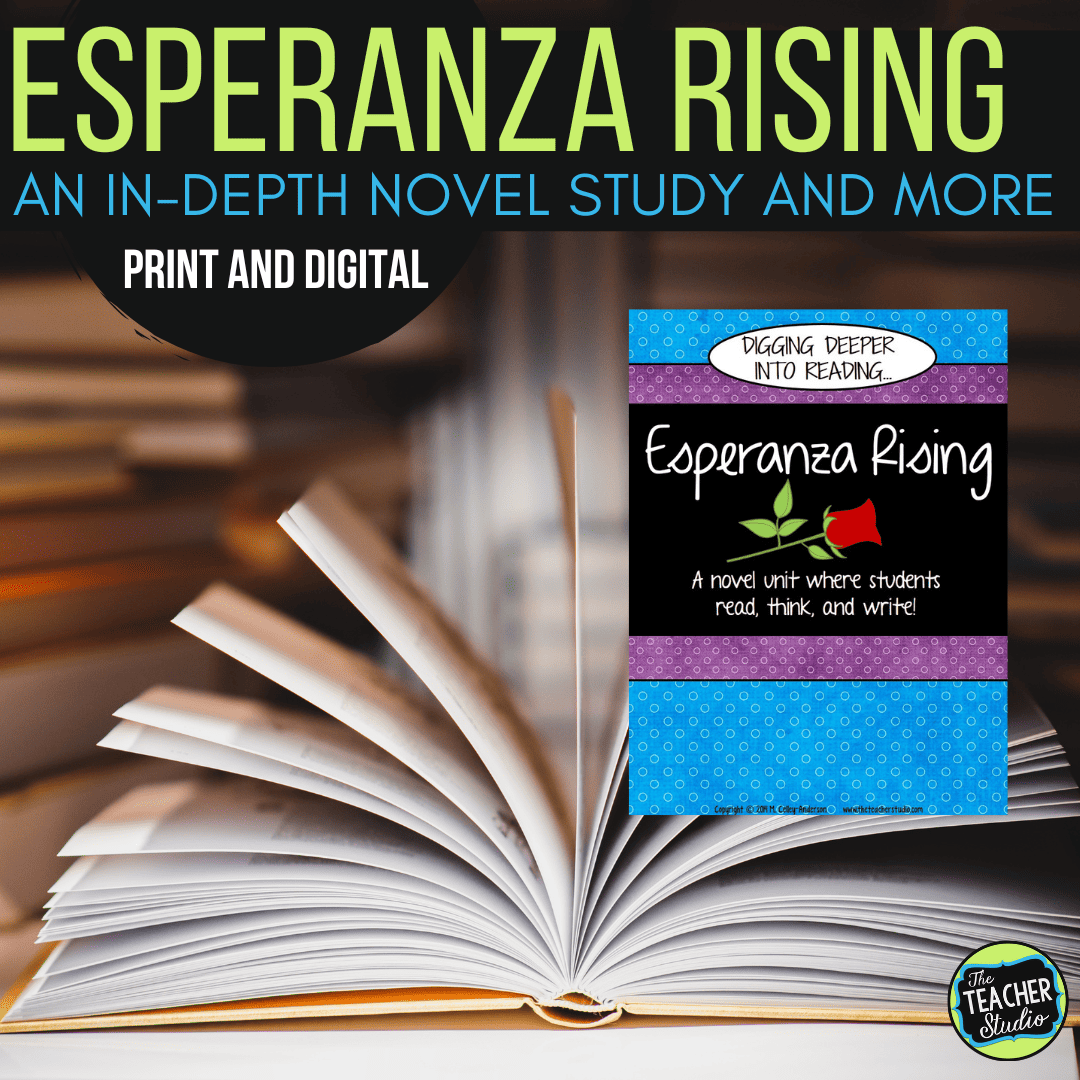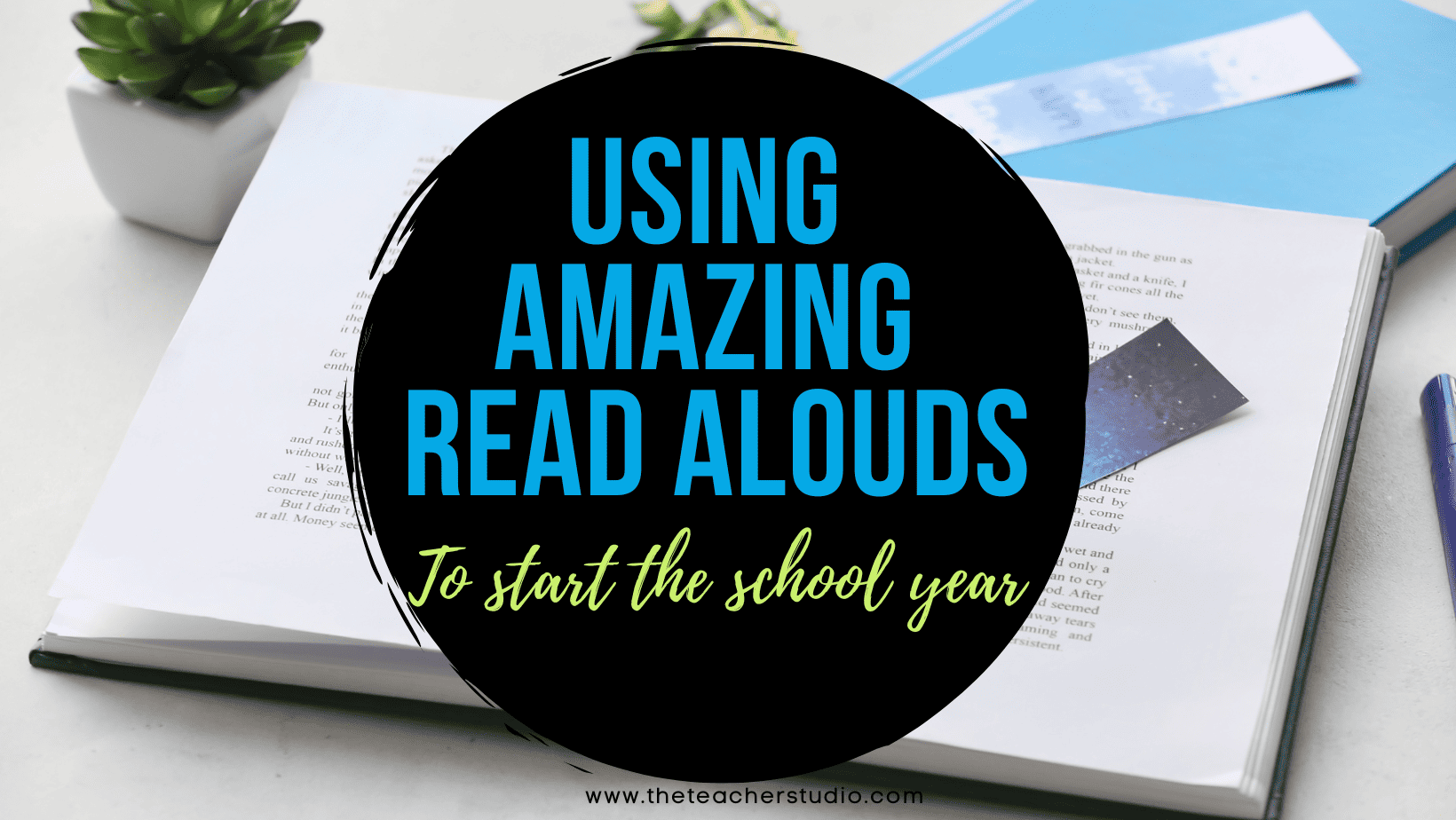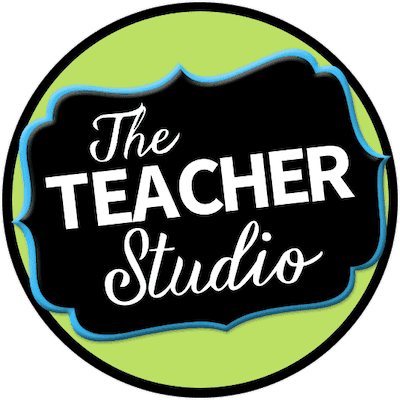A book recommended to me by some members of our literacy curriculum team found its way back into my hands the other day. I had skimmed through it earlier this year in the middle of a research unit (great time to be learning, right?) and could tell that it was something I wanted to go back and revisit when I had time to process on it and really think. “Energize Research Reading and Writing” by Christopher Lehman is a game-changing text . . . it’s only about 140 pages (always a bonus!) but it is a paradigm shifting text that is WELL worth your time if you teach intermediate or middle level students.
If you have followed my blog for any amount of time, you know I am a huge believer in having students “construct” their own meaning. You know as well as I do that we can “teach” students 24/7, but if we fail to address the “learning”, we are wasting our breath.
I think this is the reason I always dread “The Research Project” in 4th grade. I feel I work VERY hard during the process, and I’m just not sure what kind of learning really occurs. The students are players in the process instead of moderating their own game. Students are more concerned about doing what the teacher has established as “The Process” that I truly question what learning takes place. “The Research Project” has taken on different forms through my years of teaching, but it always involves a few key elements:
- Teacher selects a topic (or “category”–like biographies)
- Students work step by step to go through “The Research Project”–usually involving notes, drafts, revisions, and publishing.
- Students who struggle get the most teacher time and the process is completed hand over hand to make sure the steps are followed.
- The teacher works very hard trying to keep everyone “caught up”.
- Students follow the steps obediently (relatively!) so they end up with a finished product.
Sound familiar to you? It’s certainly how I learned to research. I remember index cards. Losing index cards. Sorting index cards. I remember getting halfway finished with a project and realizing that I now DESPISED the topic and just wanted to finish it. I remember red pen marks pointing out citation errors and weak introductions and insufficient evidence. What I don’t remember is WHY we were doing it! I certainly didn’t enjoy it.
I think this is what made this text so meaningful for me. Lehman is constantly reinforcing the idea that the students need to be the center of this process. The process of researching can be as simple as finding the answer to an “I wonder…” question or as complicated as a lengthy paper and presentation. This book helped me completely change my perspective of what research IS, how to help students deepen their understanding of the research process, and how to work collaboratively with our students to help them develop the passion for learning that I think (and hope) we all want our students to have.
One line from the text that caught my eye from the beginning was, ” . . . it begins by embracing the uncertainty all of us feel when first researching a topic, then teaching budding researchers to do the things we have learned to do.” (p. 9) As teachers, we don’t like things to be uncomfortable. We don’t like to “not know” where things are headed. We need to let go of this and jump in WITH our students and embrace the messiness.
Does this mean chaos? Not at all. In fact, Lehman stresses what we know to be true about good teaching. We must teach students to slow down and think. . . to visualize . . . to recognize and use academic vocabulary . . . to investigate text structures . . . too revise and improve upon earlier work.
Another fantastic feature that runs throughout this book is his great examples of “teacher talk”. Do you have a hard time imagining what this might look like in your classroom? Reading his narrative will help. He also stresses differentiation throughout the text. How might this be adapted for “experienced” or “emergent” researchers” He explains clearly how to make these changes.
So . . . I am not doing the book justice, but if your district is like mine and is requiring a great deal more work in reading and writing with informational texts, I truly believe this text might help you rethink past practices. I know “research” is starting to look different in my classroom, and I hope to do an even better job next year! Watch for more posts on this topic this year as we dig in!

